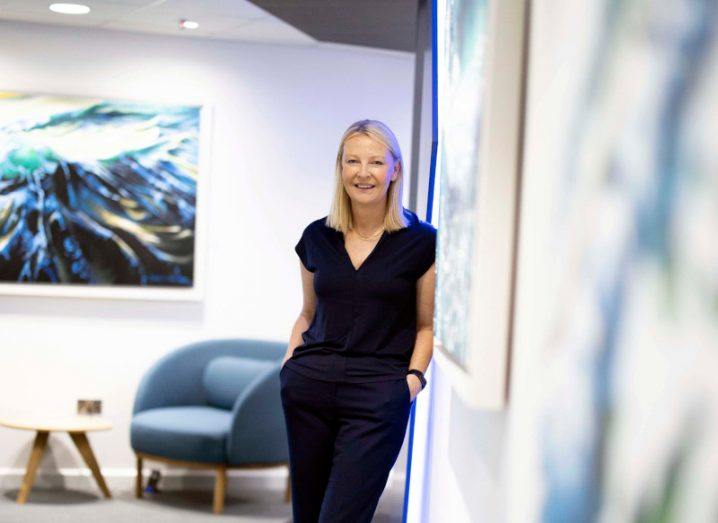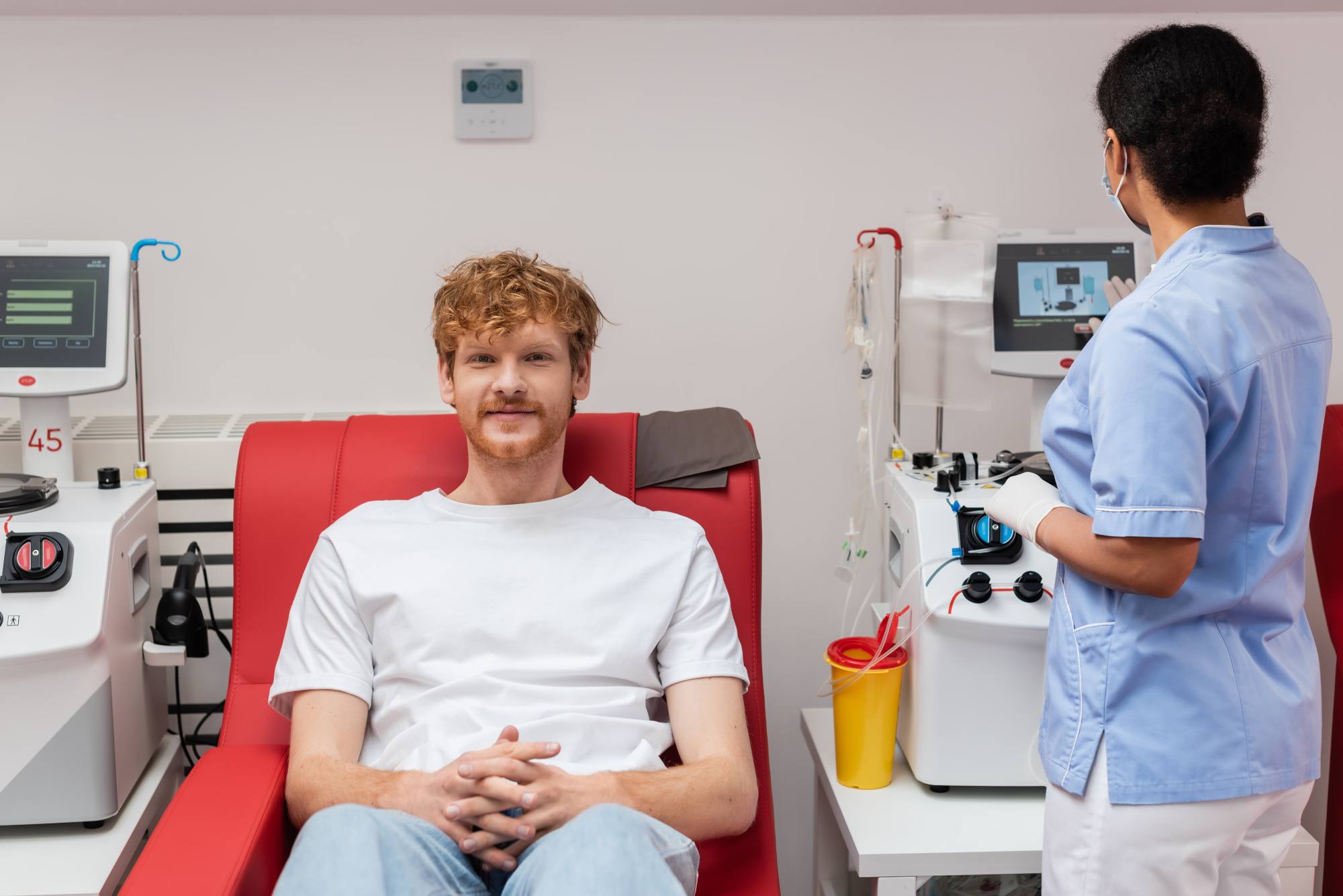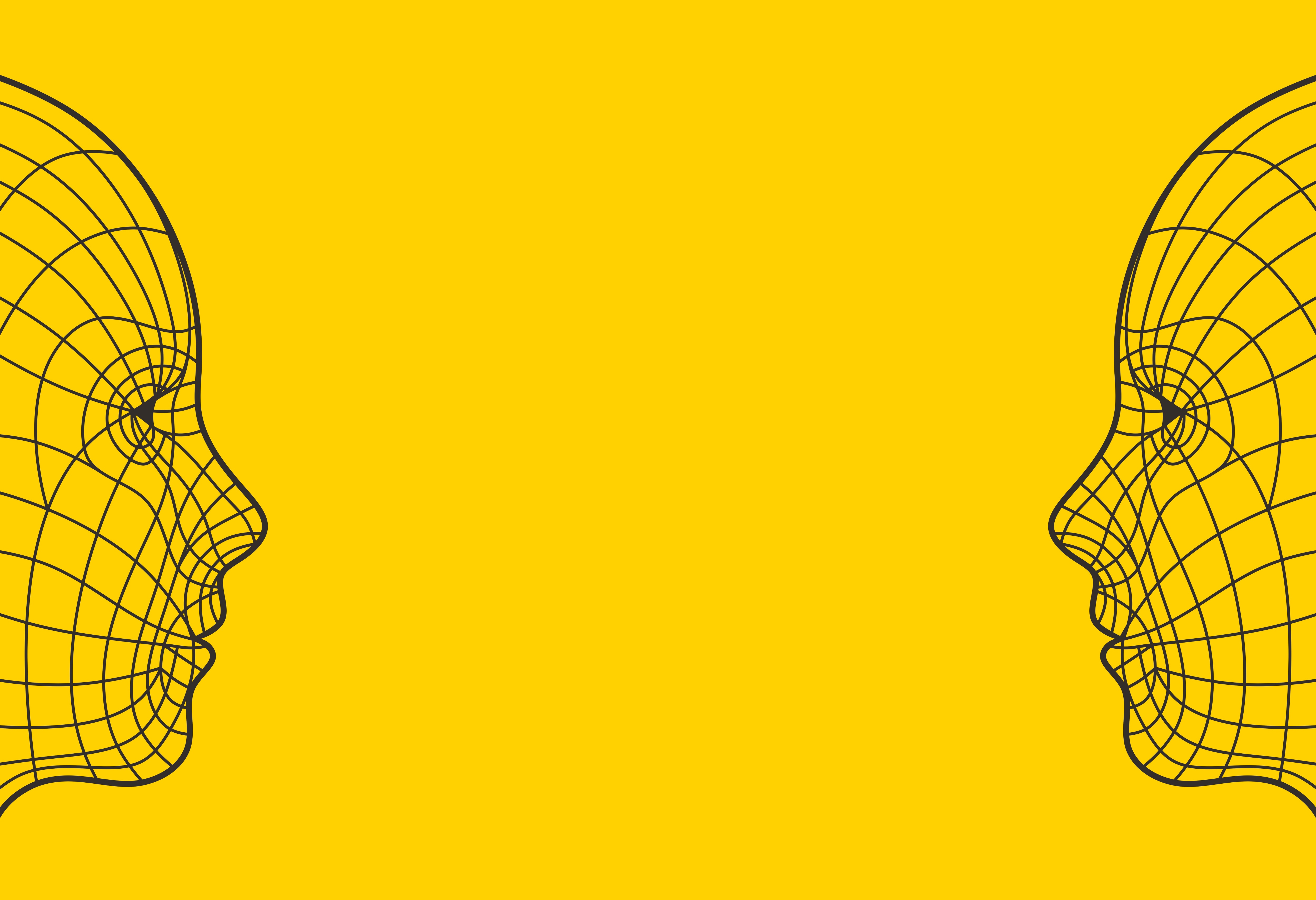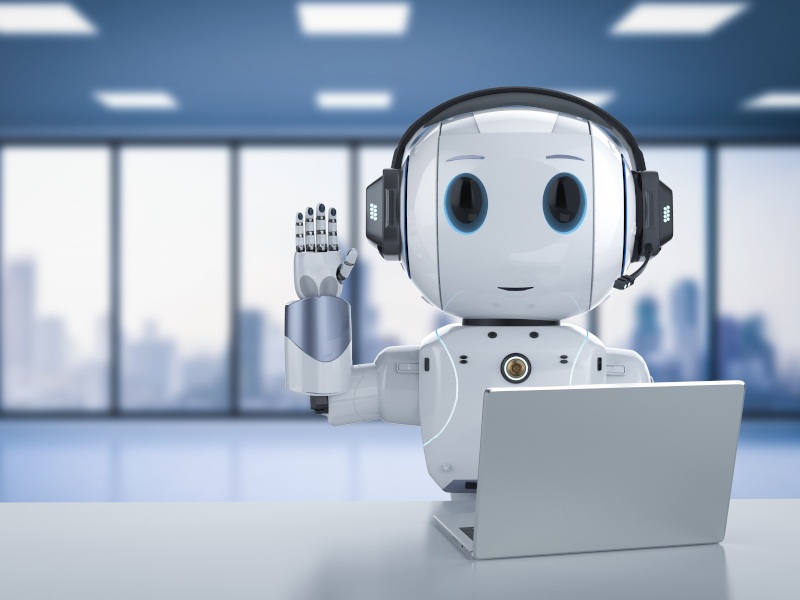
Dell Technologies Ireland MD Catherine Doyle. Image: Clare Keogh
Dell predicts that generative AI will move from theory to practice, powerful PCs will unlock more AI advancements and zero trust will become central to cybersecurity practices.
Dell Technologies Ireland MD Catherine Doyle has shared predictions on how technological advancements will impact businesses in 2024.
While AI was certainly one of the hottest topics of 2023, Doyle believes generative AI will be the “centre of business focus” and that 2024 will be “all about putting AI into action”.
“The first step on the AI journey should be to organise and structure data which will help avoid AI sprawl,” Doyle said.
Last year, the company made five predictions for 2023 that included advancements in AI, quantum computing and a greater role for technology in employee satisfaction.
Dell believes these advanced technologies will remain a central focus next year, but also believes zero-trust technologies and a growing focus on sustainability in IT will help organisations to innovate, enhance productivity and remain secure.
“Breakthrough technologies will help Irish businesses to navigate new challenges that may emerge in the coming months and to innovate at speed,” Doyle said.
Here are five predictions Dell has shared on how technology will advance in 2024.
Generative AI will take centre stage and move from theory to practice
Doyle said that 2023 saw various creative ideas on how generative AI will transform businesses, but claimed that there are “very few real-world examples” of generative AI in action.
“As we enter 2024, [generative] AI projects will start to be business ready with visible productivity gains becoming evident,” Doyle said. “An increasing number of Irish businesses will adopt AI and scale it across their organisations.”
Earlier this year, a State of IT report from Salesforce suggested that 91pc of Irish IT leaders believe generative AI will have a prominent role in their organisations in the near future. However, there also appeared to be feelings of caution, as 53pc of leaders said they were concerned about the ethics of generative AI.
Doyle said a recent report from Dell also suggests many Irish businesses are looking to integrate generative AI.
“According to our latest GenAI Pulse survey, nearly half of IT leaders expect to see meaningful results from [generative] AI initiatives within six months to a year,” Doyle said. “One of the first steps that leaders can take to ensure successful AI adoption in the year ahead is to organise and structure data within their business.”
Quantum computing and generative AI will become intertwined
Quantum computing has had some interesting developments this year, with some leaders claiming that the sector is moving at “breakneck speed” as interest grows among customers, investors and governments.
Doyle said that the growing demand for data will present an opportunity in the near future for quantum computing and generative AI to become closely linked.
“With the global explosion of data and AI, there will be an increasing need for organisations in Ireland to put in place the computing power to manage it effectively,” Doyle said. Quantum computing will begin to address this and bring about a massive leap in the computing power that is required to unlock AI innovation.
“If we were surprised by the [generative] AI advancements of the last year, leaders should expect to see a bigger jump forward when quantum computing becomes intertwined in the near future.”
AI will ‘come to life’ in more powerful PCs
Doyle also predicts that the promise of powerful digital assistants will become a reality next year, as PCs and AI technology become more powerful.
“Over the next 12 months the PC experience will shift from searching to prompting, from reading to understanding and from editing to directing,” Doyle said. “This will result in the emergence of a two-way human-machine partnership in workplaces across Ireland.
“Also, as AI becomes a key part of laptops and devices, it will unlock improved privacy and security while also advancing sustainable design.”
Zero trust will become central to cybersecurity
Zero trust is a modern cybersecurity strategy that is easy to understand based on the term – following a belief to never trust and always verify. Doyle believes 2024 will see zero-trust cybersecurity evolve from a “concept to a real technology”.
“Adopting a zero-trust approach helps organisations build a more resilient and responsive security infrastructure while ultimately lessening the impact of cyberattacks,” Doyle said. “As the benefits of zero-trust technology becomes evident, it is expected that zero trust will become the norm in a wider range of industries in Ireland.”
A greater adoption of green tech
Some experts argue that technology is one of the key ways companies and the wider community can achieve their sustainability goals. Luis Neves, the CEO of Global Enabling Sustainability Initiative, recently told SiliconRepublic.com that digital technologies will play a vital role in tackling the climate crisis and “broader sustainability issues”.
Doyle predicts that the role played by technology in advancing sustainability will grow in 2024.
“With larger companies being required by the EU to disclose their environmental, social and governance (ESG) performance and activity, business and IT leaders in Ireland will increasingly rely on technology to track their climate data and reduce emissions,” Doyle said.
“Our latest Digital Pulse Survey revealed that almost half of companies are looking at upgrading technology in the coming year to cut rising energy costs and drive sustainable innovation.”
10 things you need to know direct to your inbox every weekday. Sign up for the Daily Brief, Silicon Republic’s digest of essential sci-tech news.


























